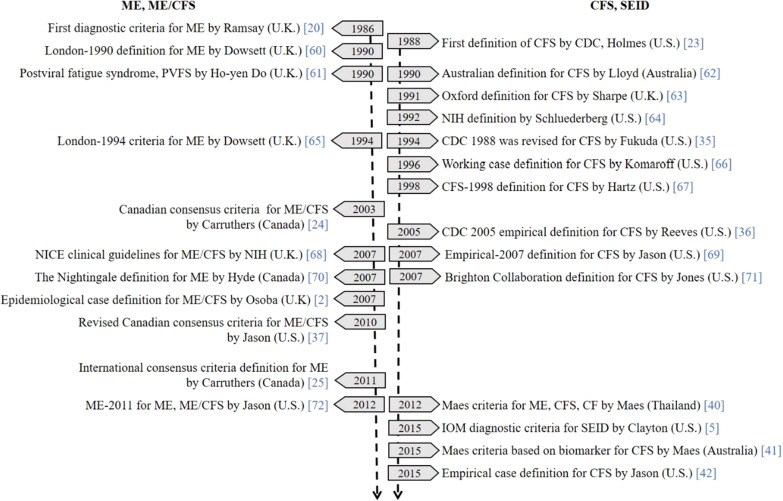Andy
Senior Member (Voting rights)
Full title: Cognitive behavioural therapy for severe fatigue following COVID-19 in adolescents: a serial single-case observational study of five consecutively referred patients
Abstract
Background:
Severe fatigue following COVID-19 is a debilitating symptom in adolescents for which no treatment exists currently.
Aims:
The aim of this study was to determine the effectiveness and feasibility of cognitive behavioural therapy (CBT) for severe fatigue following COVID-19 in adolescents.
Method:
A serial single-case observational design was used. Eligible patients were ≥12 and <18 years old, severely fatigued and ≥6 months post-COVID-19. Five patients, consecutively referred by a paediatrician, were included. The primary outcome was a change in fatigue severity, assessed with the fatigue severity subscale of the Checklist Individual Strength, 12 weeks after the start of CBT, tested with a permutation distancing two-phase A-B test. Secondary outcomes were the presence of severe fatigue, difficulty concentrating and impaired physical functioning directly post-CBT as determined with questionnaires using validated cut-off scores. Also, the frequency of post-exertional malaise (PEM) and absence from school directly post-CBT determined with self-report items were evaluated.
Results:
All five included patients completed CBT. Twelve weeks after starting CBT for severe post-COVID-19 fatigue, three out of five patients showed a significant reduction in fatigue severity. After CBT, all five patients were no longer severely fatigued. Also, four out of five patients were no longer physically impaired and improved regarding PEM following CBT. All five patients reported no school absence post-CBT and no difficulties concentrating.
Conclusion:
This study provides a first indication for the effectiveness and feasibility of CBT among adolescents with post-COVID-19 fatigue.
Open access
Abstract
Background:
Severe fatigue following COVID-19 is a debilitating symptom in adolescents for which no treatment exists currently.
Aims:
The aim of this study was to determine the effectiveness and feasibility of cognitive behavioural therapy (CBT) for severe fatigue following COVID-19 in adolescents.
Method:
A serial single-case observational design was used. Eligible patients were ≥12 and <18 years old, severely fatigued and ≥6 months post-COVID-19. Five patients, consecutively referred by a paediatrician, were included. The primary outcome was a change in fatigue severity, assessed with the fatigue severity subscale of the Checklist Individual Strength, 12 weeks after the start of CBT, tested with a permutation distancing two-phase A-B test. Secondary outcomes were the presence of severe fatigue, difficulty concentrating and impaired physical functioning directly post-CBT as determined with questionnaires using validated cut-off scores. Also, the frequency of post-exertional malaise (PEM) and absence from school directly post-CBT determined with self-report items were evaluated.
Results:
All five included patients completed CBT. Twelve weeks after starting CBT for severe post-COVID-19 fatigue, three out of five patients showed a significant reduction in fatigue severity. After CBT, all five patients were no longer severely fatigued. Also, four out of five patients were no longer physically impaired and improved regarding PEM following CBT. All five patients reported no school absence post-CBT and no difficulties concentrating.
Conclusion:
This study provides a first indication for the effectiveness and feasibility of CBT among adolescents with post-COVID-19 fatigue.
Open access



